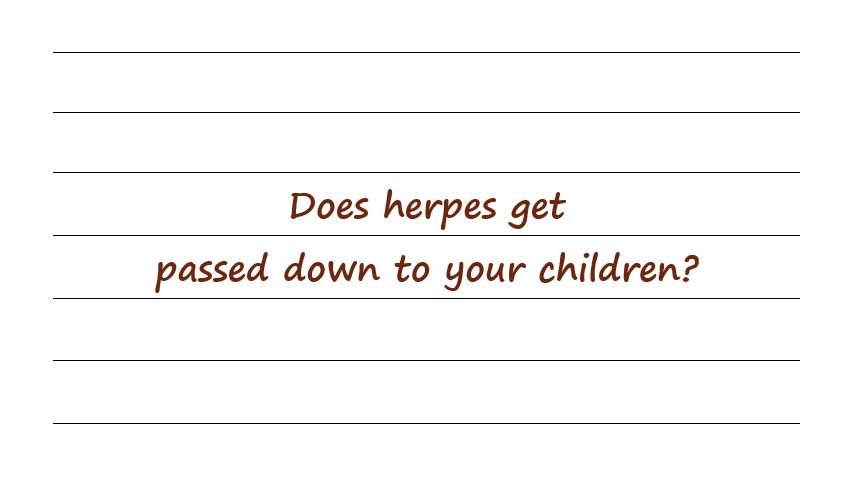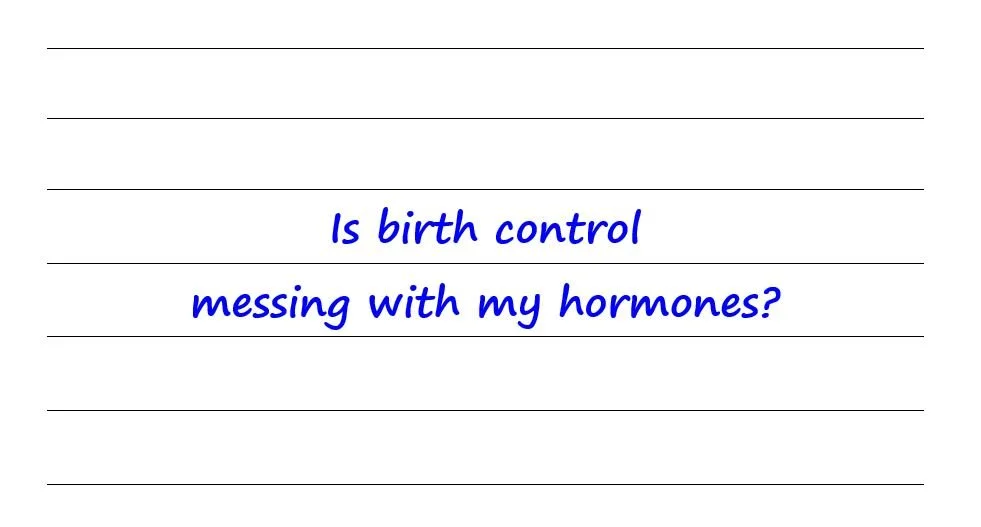Does Herpes Get Passed Down To Your Children?
Herpes can get passed from mother to child.
Before I explain how that happens, I need to do a brief overview of herpes.
When we’re talking about about herpes and sex we’re usually talking about Herpes Simplex Virus (HSV). There are other herpes viruses, but I’m going to focus on HSV, and I’m just going to call it herpes.
Herpes can be either type I or type 2. We used to really focus on the location and the type, but not as much anymore. This is because we can see different types on different parts of the body.
For example, herpes 1 is what you usually see on and around your mouth. But you can pass herpes 1 to your partner’s genitals through oral sex. So I’m going to move away from type and just talk about herpes generally.
Herpes on and around your mouth presents as cold sores. Herpes on your genitals will appear as genital sores.
As I mentioned before, herpes is caused by a virus, and it’s pretty common. The estimate is that just about 50% of Americans have herpes 1. The numbers are a little lower for herpes 2, but the thing you need to keep in mind is that we don’t really test for it. If you do regular STI testing (good for you!) they’re usually not running a herpes test unless you ask for it. So there’s a good chance the numbers are actually higher, and we just don’t know because we’re not testing everyone.
So let’s get back to the question – herpes can be passed from mother to child. Sometimes it happens during the pregnancy itself, but that’s not common. One of the biggest risk of transmitting herpes from mother to child comes during vaginal childbirth. This is how it’s transmitted to babies in about 90% of cases of neonatal herpes.
If you’re pregnant and you either have genital herpes, or you were recently exposed and there’s a chance you were infected, I would highly recommend having a conversation with your doctor. There may be conversations about having you use an oral medication for herpes while you’re pregnant. They may also talk to you about giving birth by C-section.
The risk of transmitting herpes doesn’t end after birth. And this goes for all parents, loved ones and others who may be coming into contact with the child. If someone has an active cold sore, and the sore comes in contact with the child, that can lead to the child getting herpes.
It’s also possible to spread herpes when there’s no active sore. This is something we call viral shedding. It’s harder for the virus to spread this way, though not impossible.
The key to protecting babes from getting herpes is prevention. So if you’re pregnant and are worried about this, talk to your health care provider.
Until next time, be safe and have fun!
Have a question you want answered? Submit it here: https://milsteinhealthconsulting.com/heydrsue


